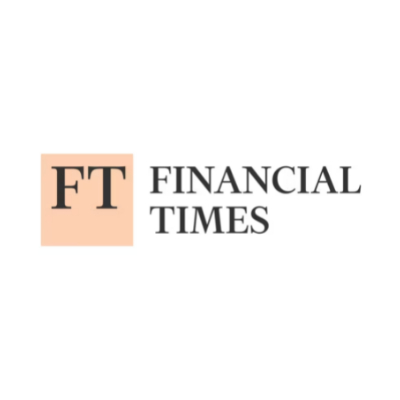 Financial Times Article Rating
Financial Times Article RatingCovid spurs expansion of public healthcare
- Bias Rating
-6% Center
- Reliability
N/AN/A
- Policy Leaning
-56% Medium Liberal
- Politician Portrayal
N/A
Continue For Free
Create your free account to see the in-depth bias analytics and more.
Continue
Continue
By creating an account, you agree to our Terms and Privacy Policy, and subscribe to email updates. Already a member: Log inBias Score Analysis
The A.I. bias rating includes policy and politician portrayal leanings based on the author’s tone found in the article using machine learning. Bias scores are on a scale of -100% to 100% with higher negative scores being more liberal and higher positive scores being more conservative, and 0% being neutral.
Sentiments
N/A
- Liberal
- Conservative
| Sentence | Sentiment | Bias |
|---|---|---|
Unlock this feature by upgrading to the Pro plan. | ||
Reliability Score Analysis
Policy Leaning Analysis
Politician Portrayal Analysis
Bias Meter
Extremely
Liberal
Very
Liberal
Moderately
Liberal
Somewhat Liberal
Center
Somewhat Conservative
Moderately
Conservative
Very
Conservative
Extremely
Conservative
-100%
Liberal
100%
Conservative

Contributing sentiments towards policy:
59% : Yates also cites Pakistan, where prime minister Imran Khan "has said that he wants to launch a welfare state coming out of the Covid crisis, and top of his list is universal health coverage".58% : He cites recent discussions in the UK over how best to raise the money needed to improve health and social care.
57% : The question now, Bland suggests, is the extent to which this will change behaviour, encourage more investment "and how far that will stimulate an understanding that universal healthcare is in everyone's best interest rather than just [being] something we need to do to help others".
56% : Some on the political right, he says, might seize on the crisis to suggest an infusion of private money is needed, perhaps through the extension of private insurance.
56% : Ezekiel Emmanuel, an oncologist and bioethicist who is vice-provost for Global Initiatives at the University of Pennsylvania, suggests that the Affordable Care Act -- which significantly widened eligibility for healthcare under President Barack Obama -- meant attitudes were changing even before the pandemic struck.
52% : It is not just the developing world where arguments about universal healthcare may have been given further impetus by the pandemic.
51% : In developed and developing nations alike, a primary lesson of the pandemic -- that no one is protected until all are protected -- is likely to influence all future debates on universal healthcare.
50% : Rob Yates, head of the Centre for Global Health Security at Chatham House, the London-based think-tank, believes the coronavirus shock can stand alongside other watershed moments that have galvanised an expansion of public healthcare -- the impact of the second world war on the creation of the British, French and Japanese health systems, for example, or the Sars epidemic in China.
46% : I don't think anyone is saying that the solution to this is that we should be shaking down the population, with things like user fees or private health insurance," Yates says.
*Our bias meter rating uses data science including sentiment analysis, machine learning and our proprietary algorithm for determining biases in news articles. Bias scores are on a scale of -100% to 100% with higher negative scores being more liberal and higher positive scores being more conservative, and 0% being neutral. The rating is an independent analysis and is not affiliated nor sponsored by the news source or any other organization.





















